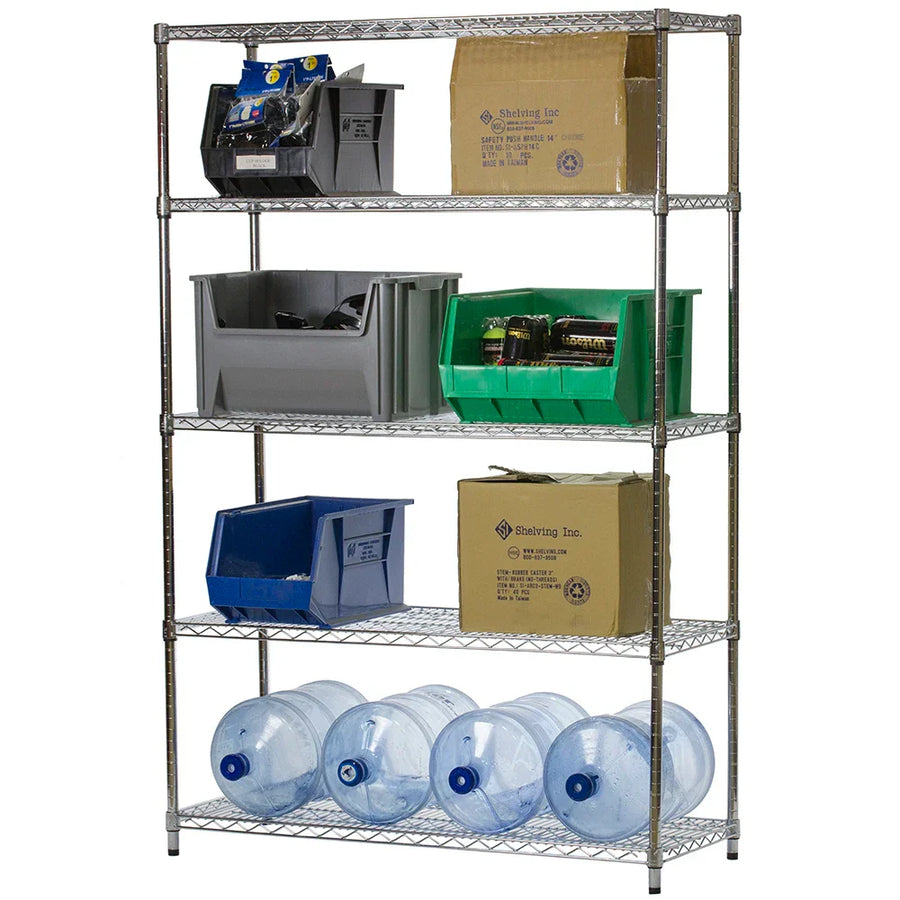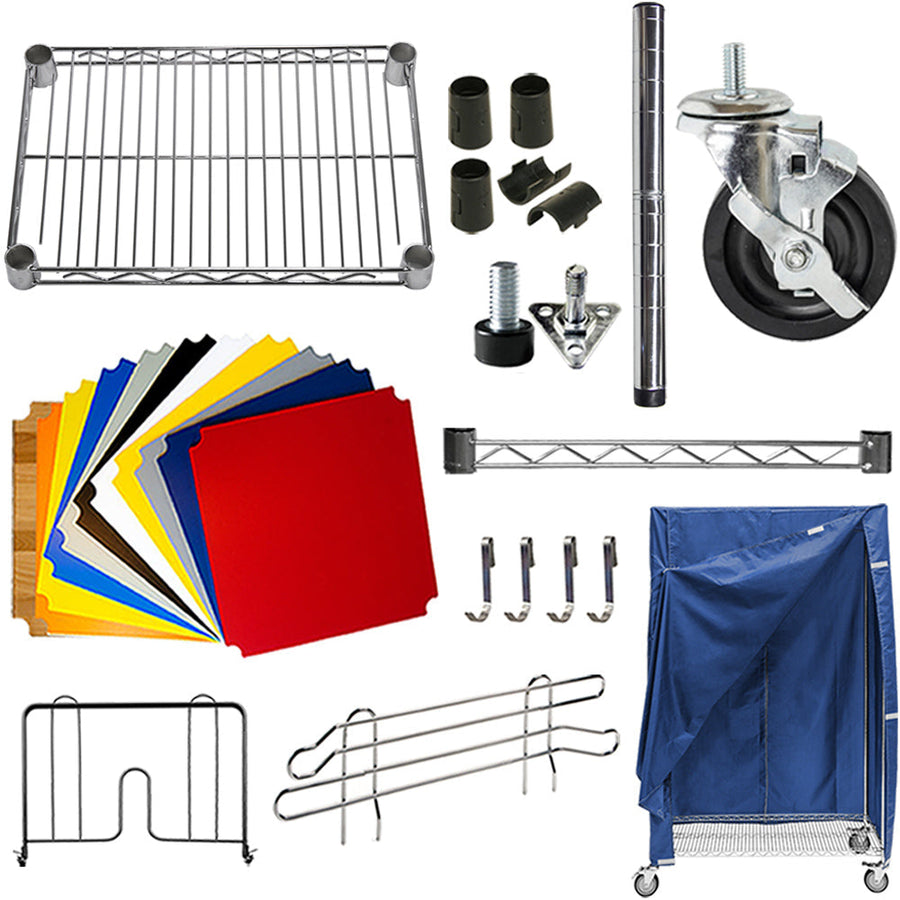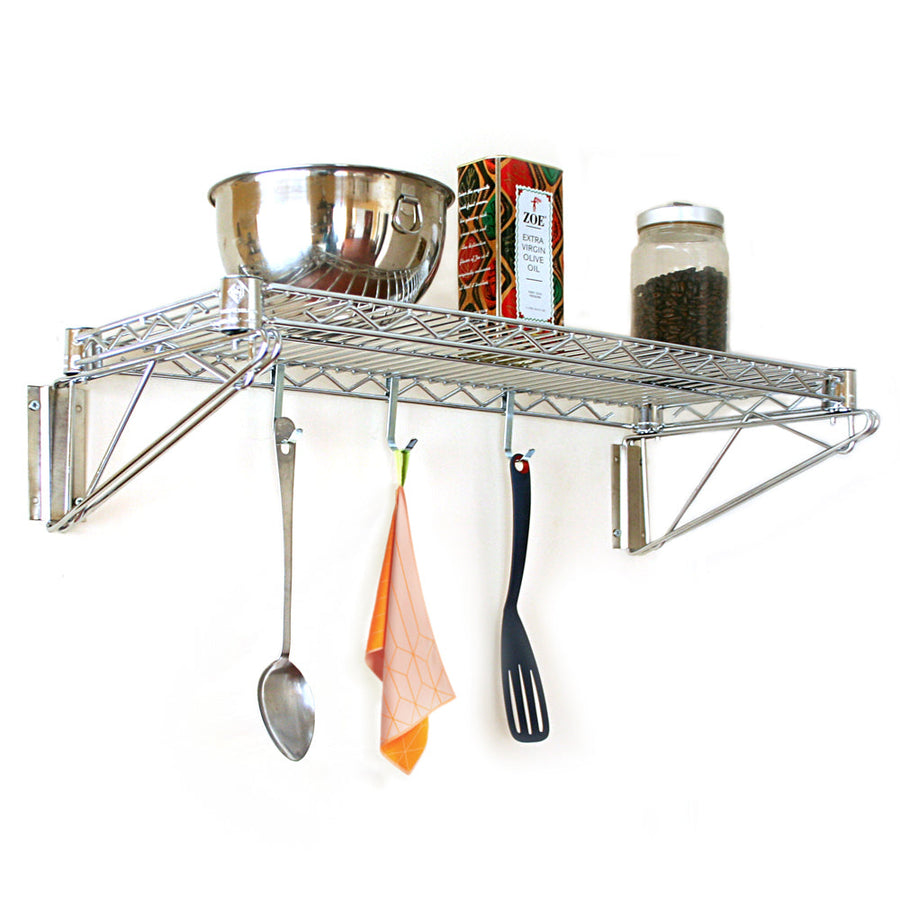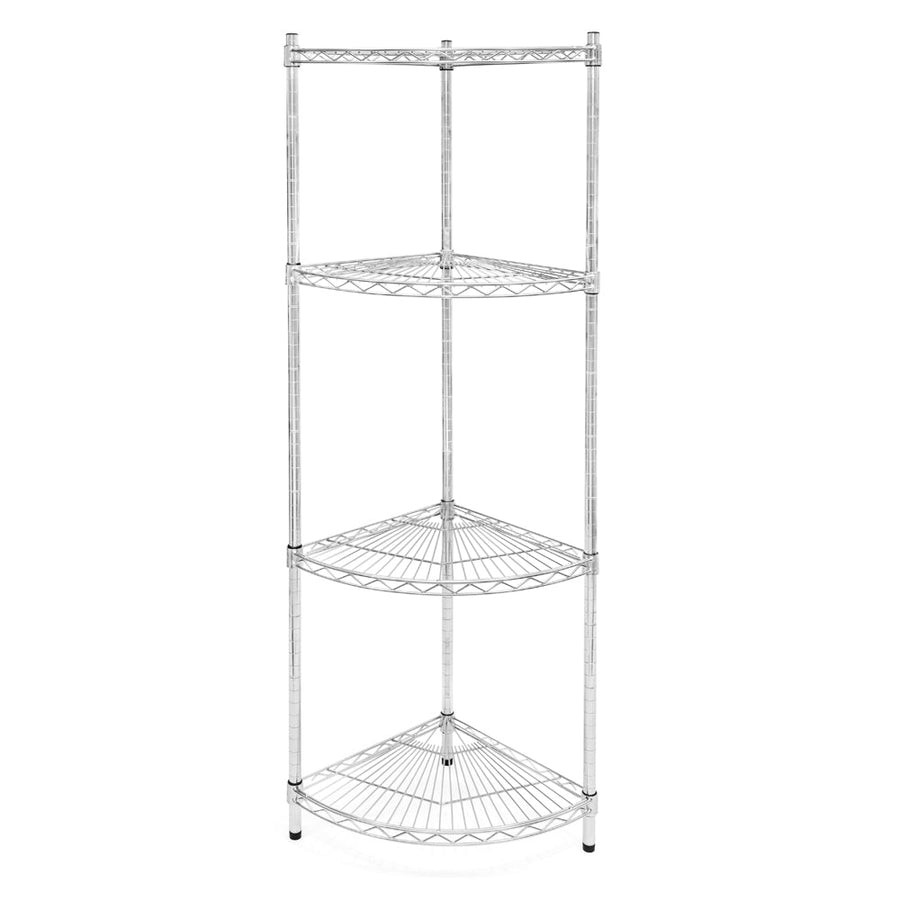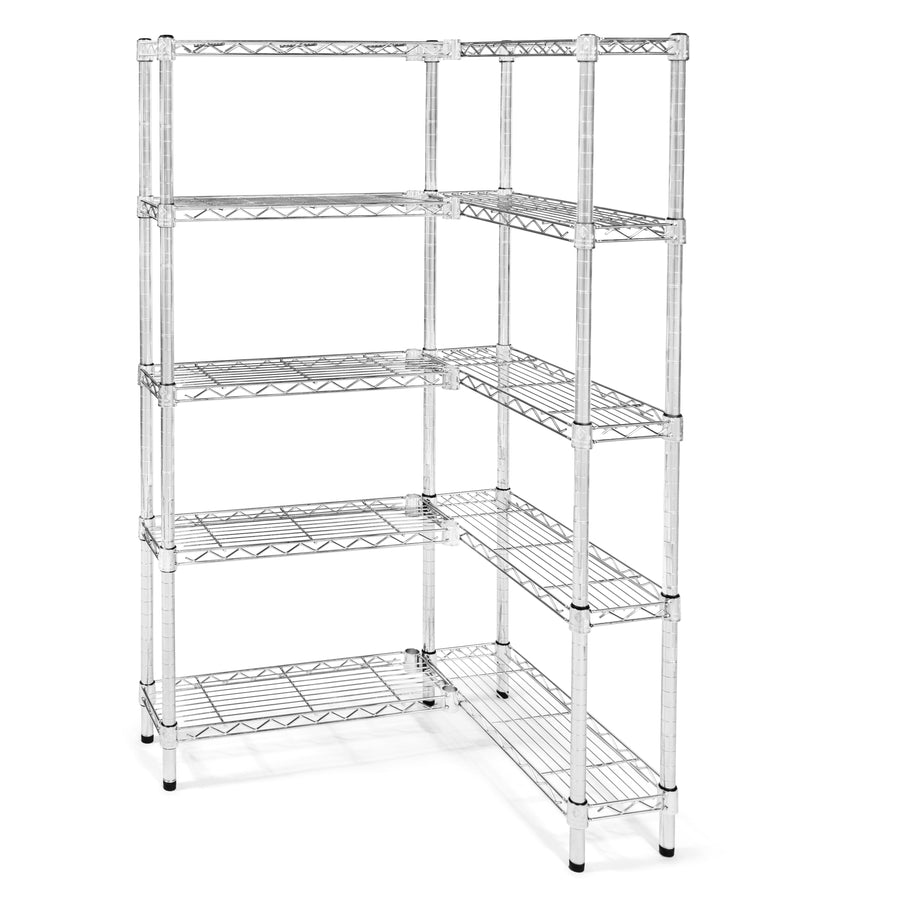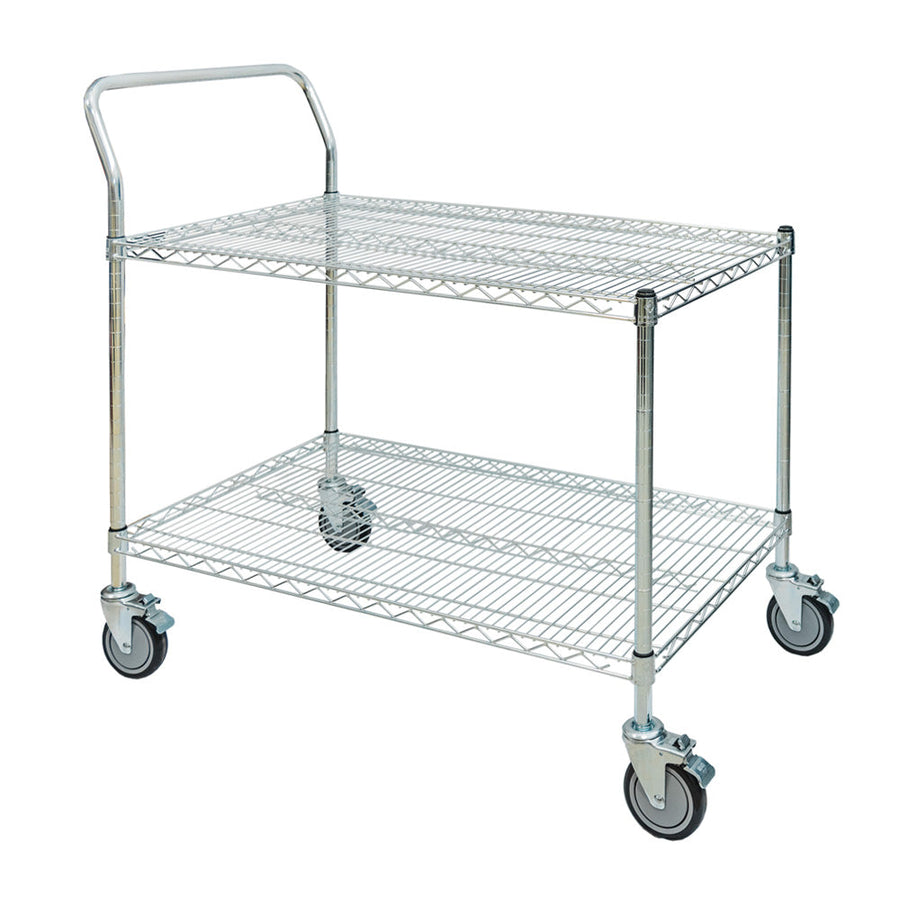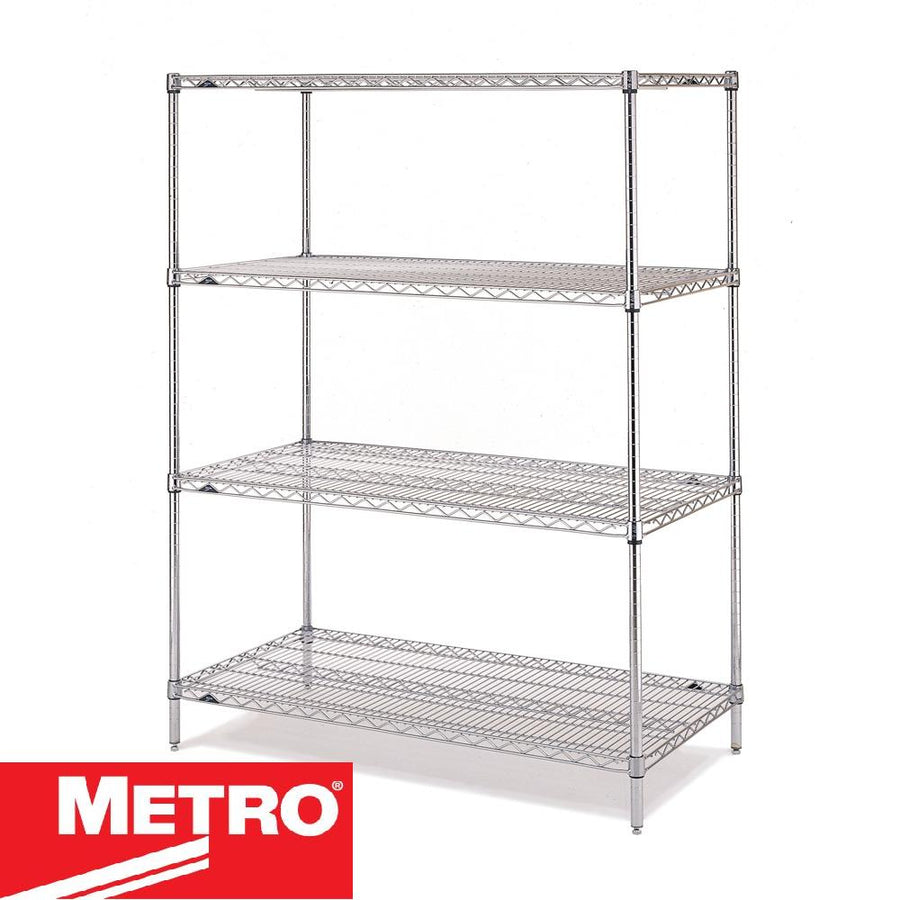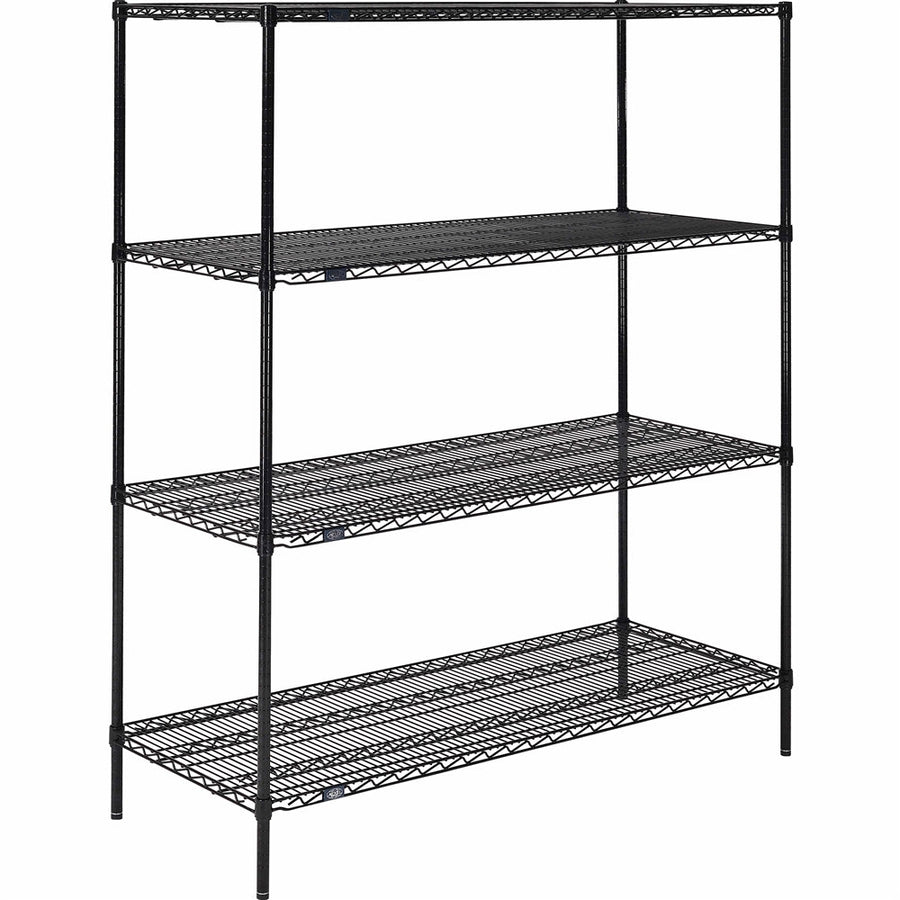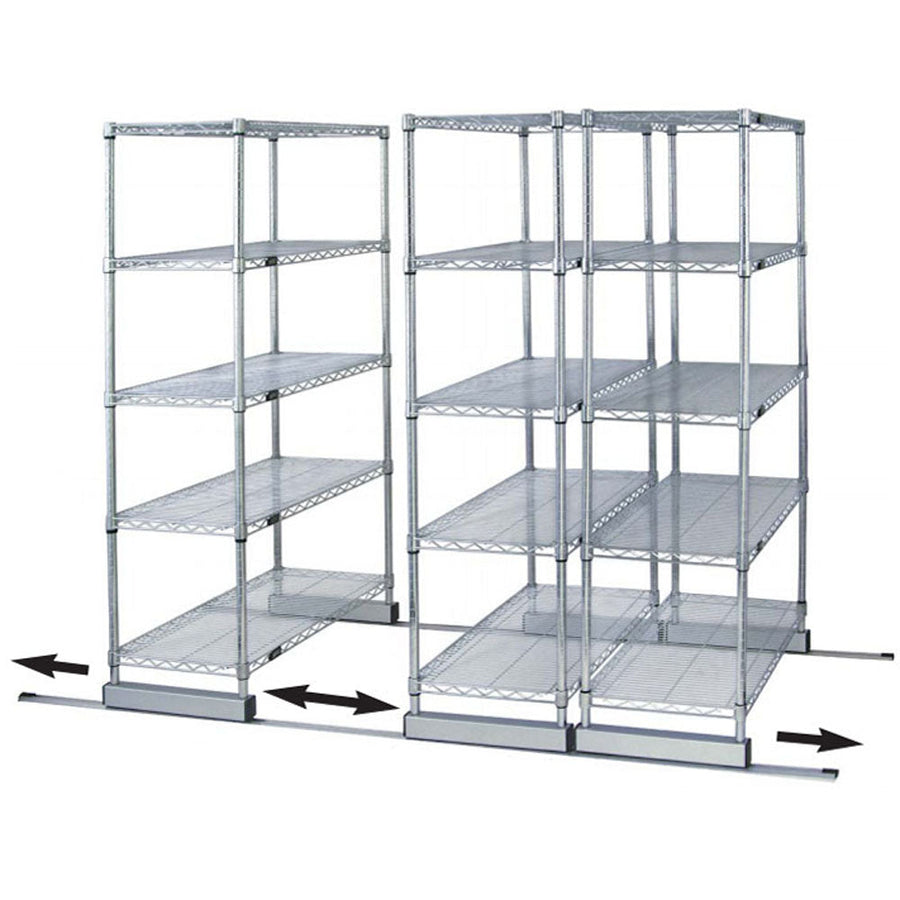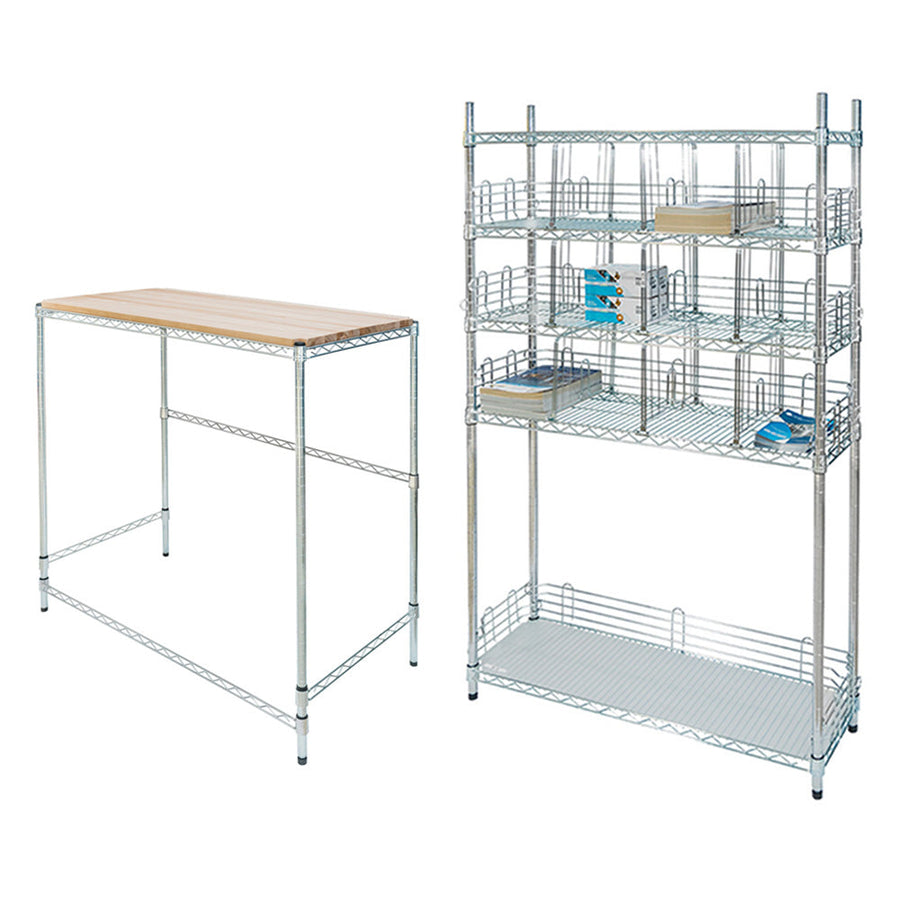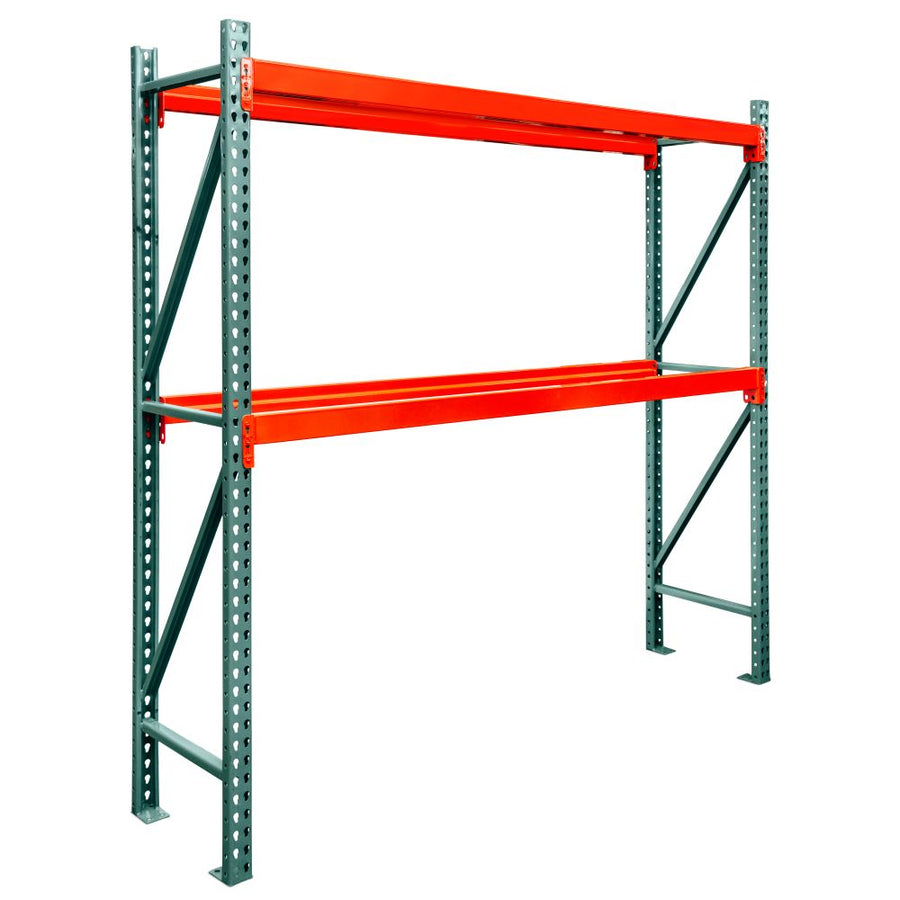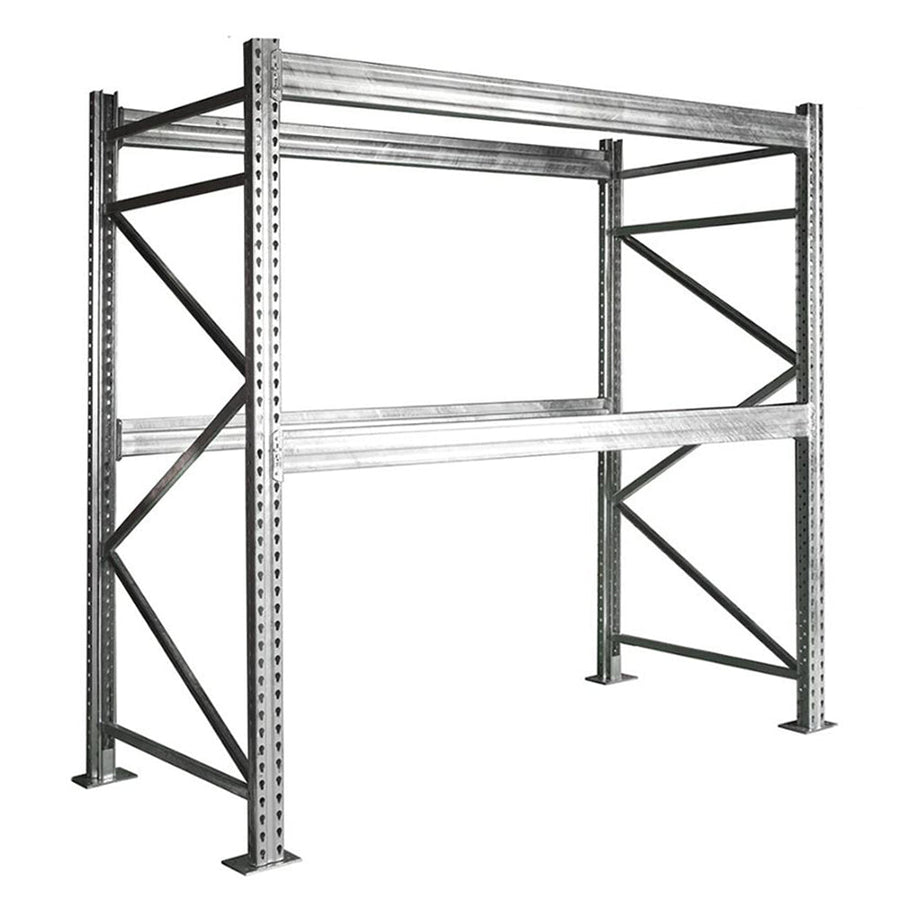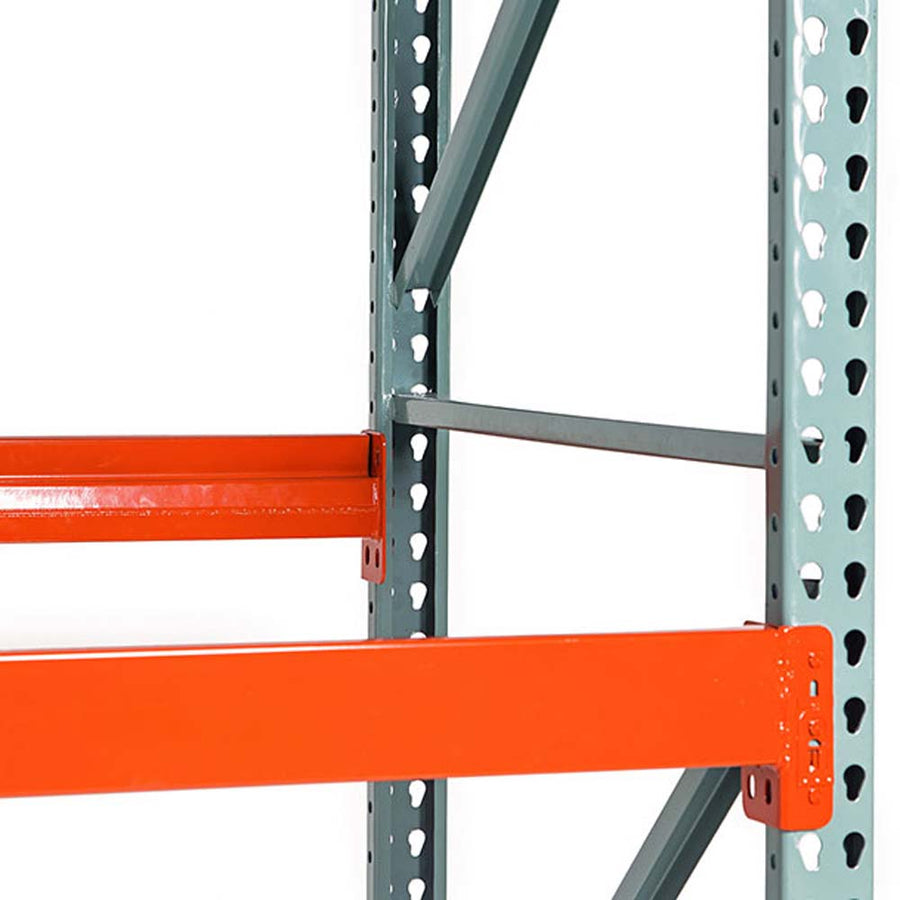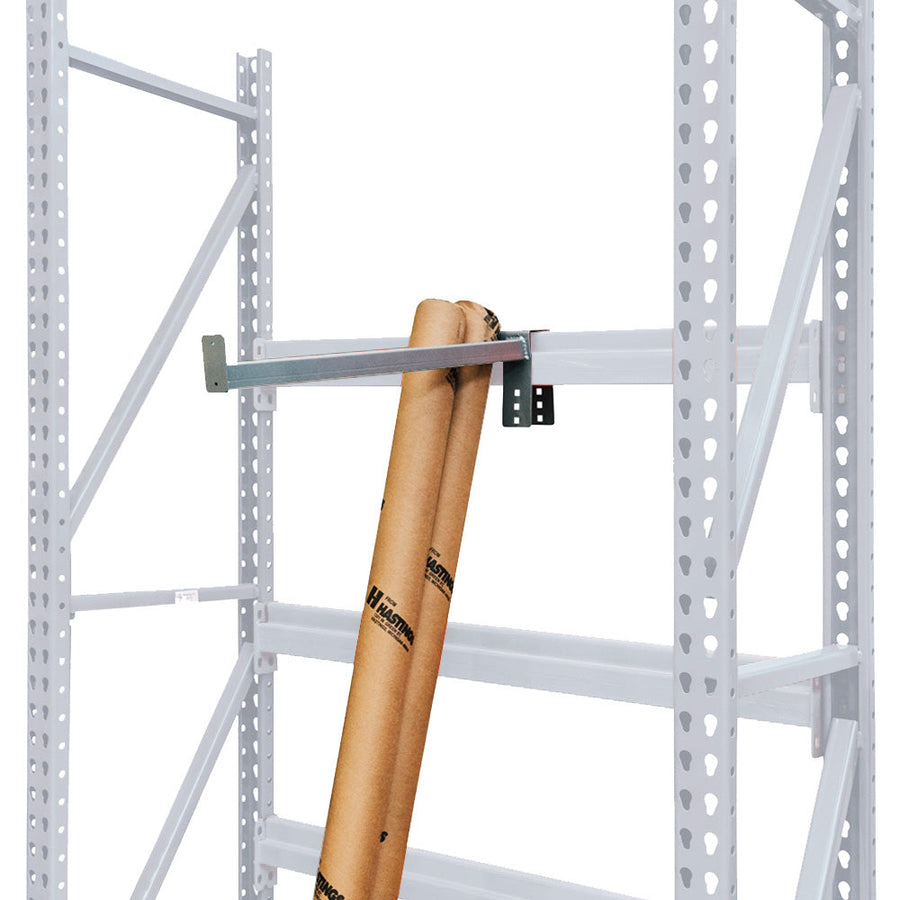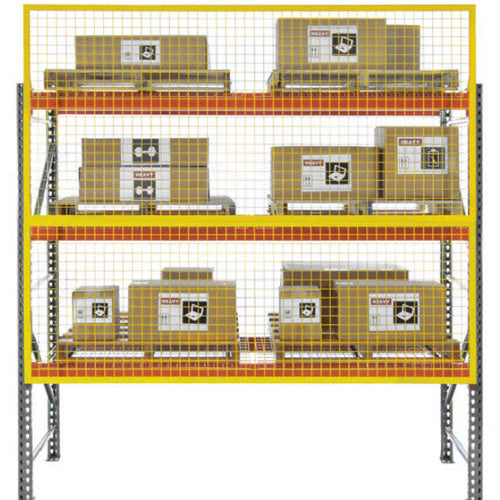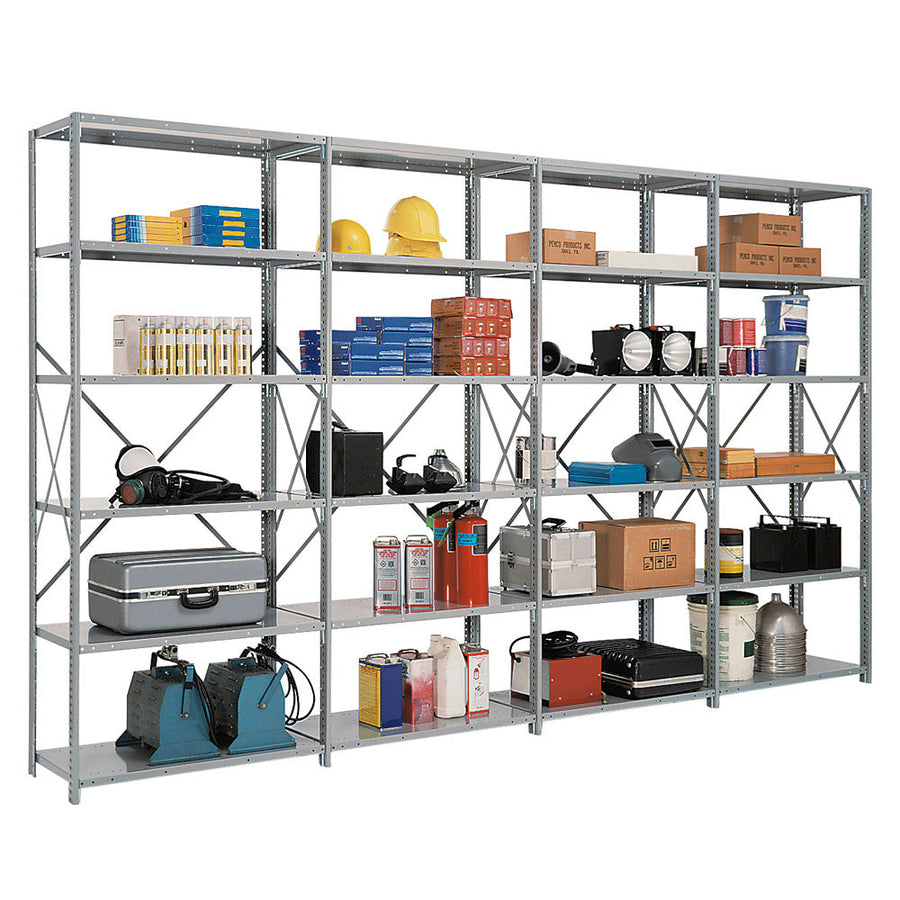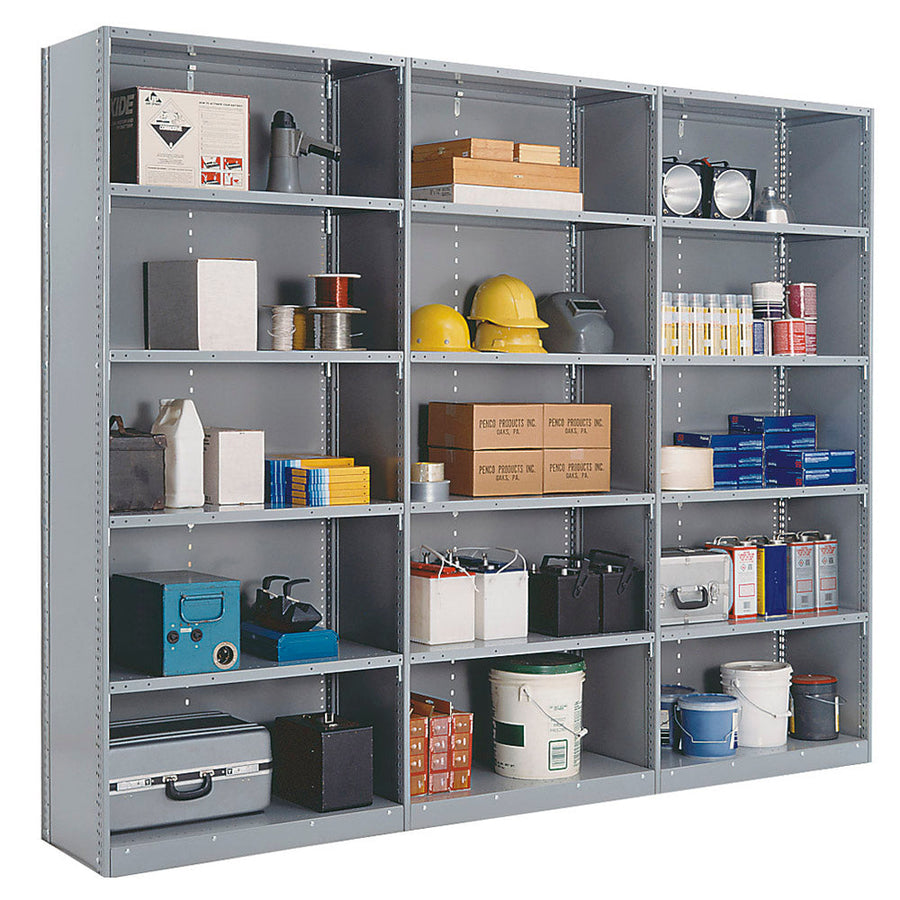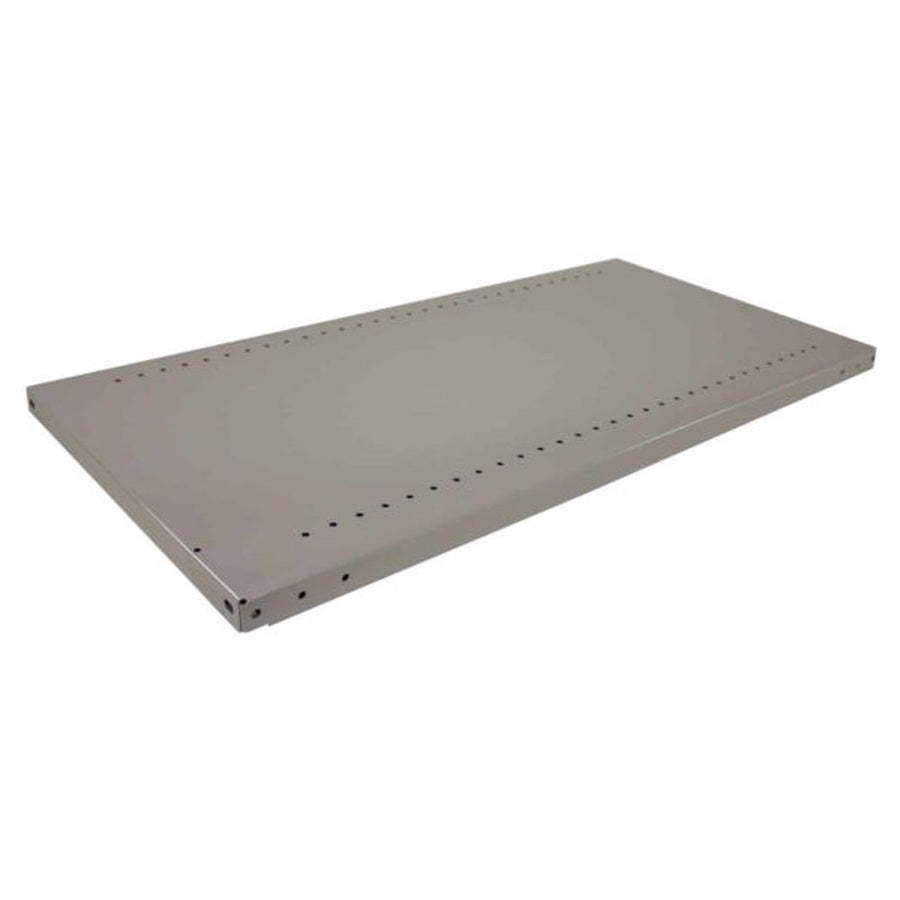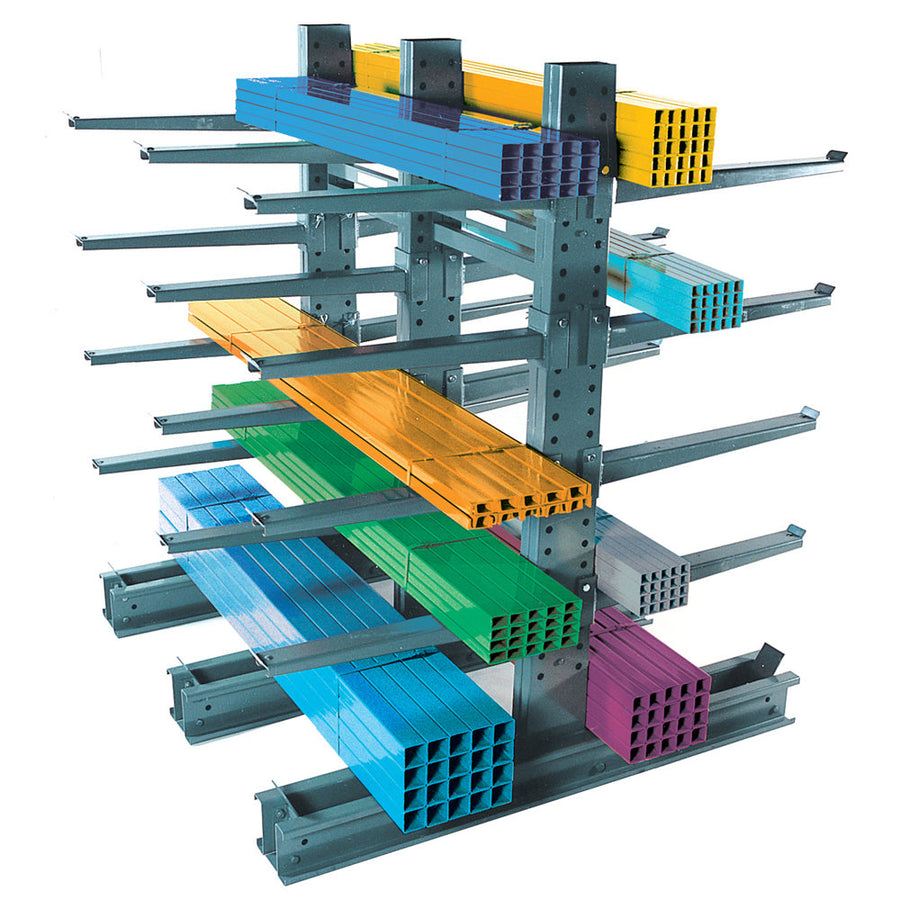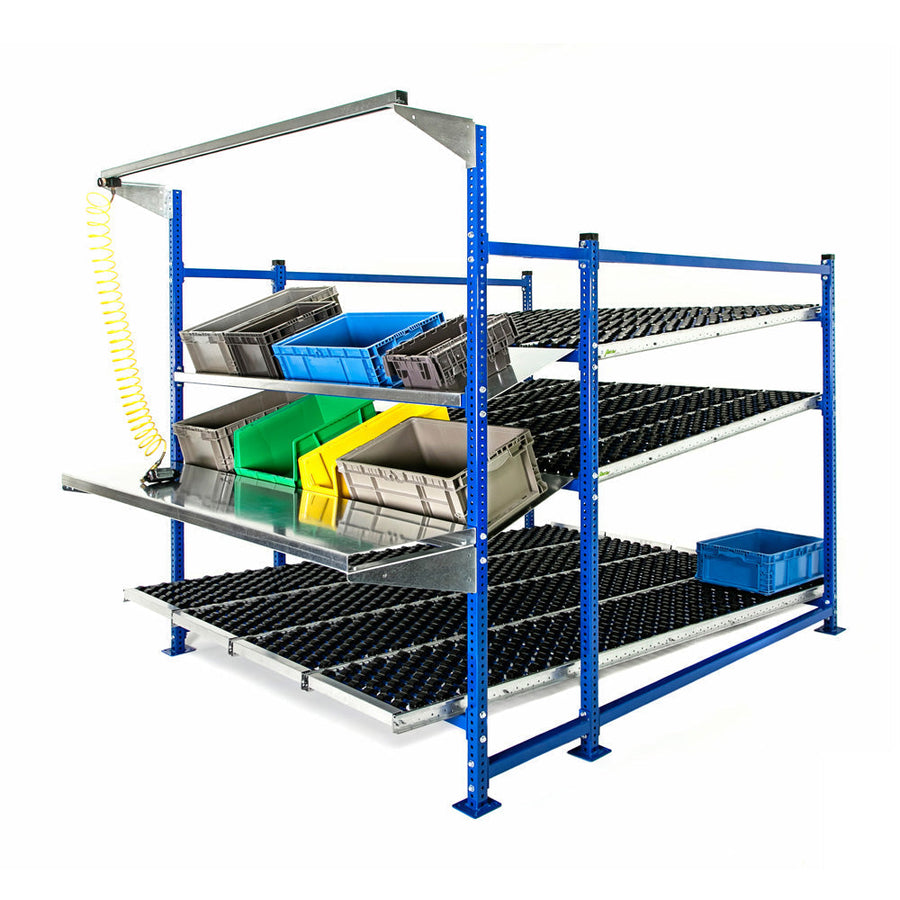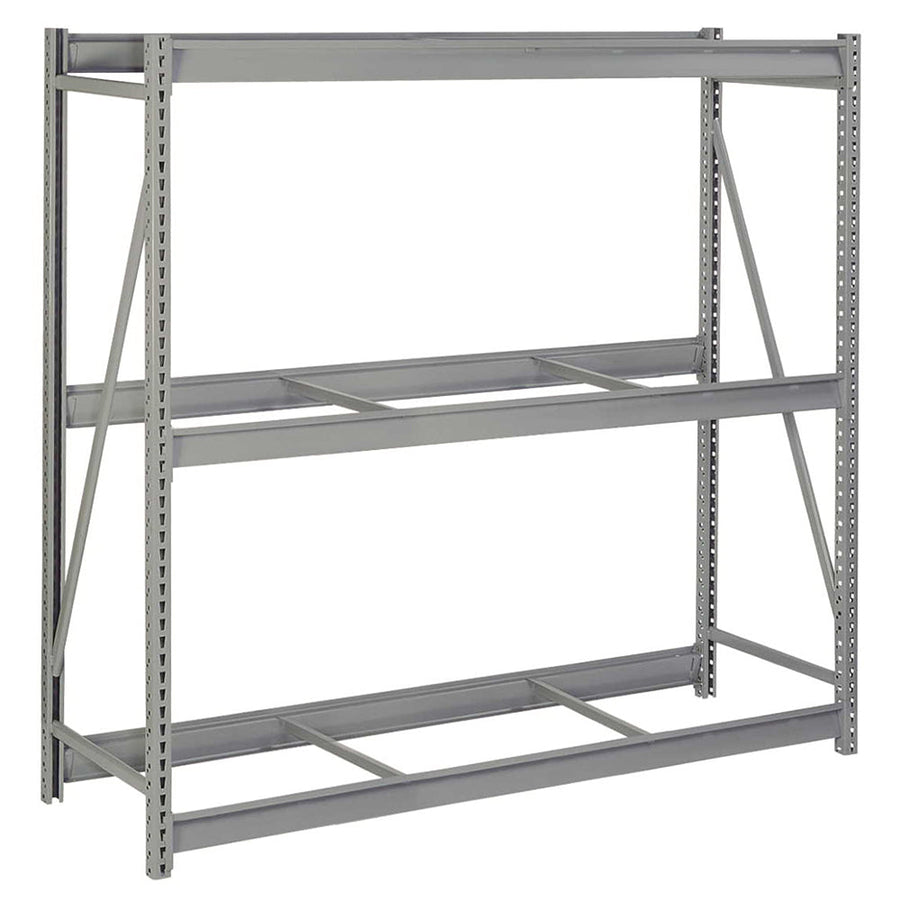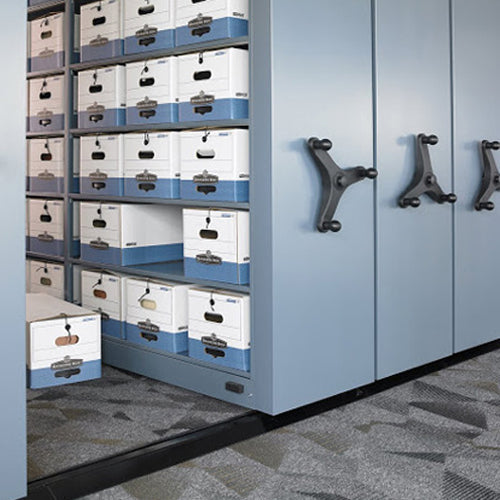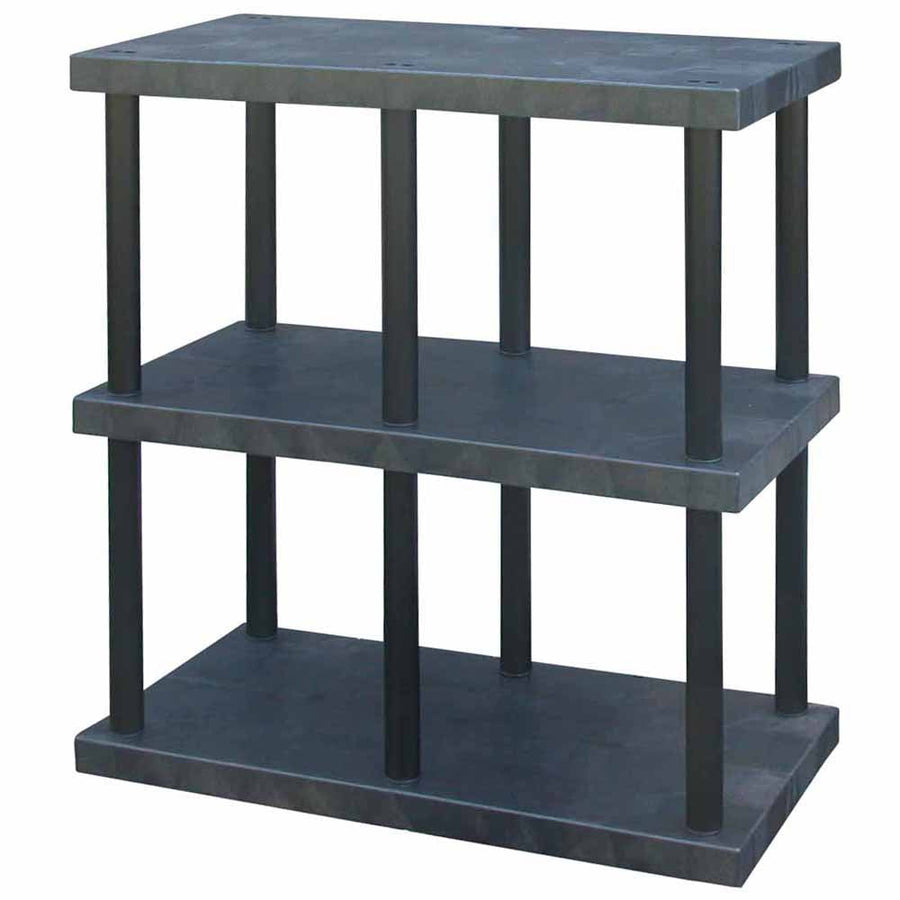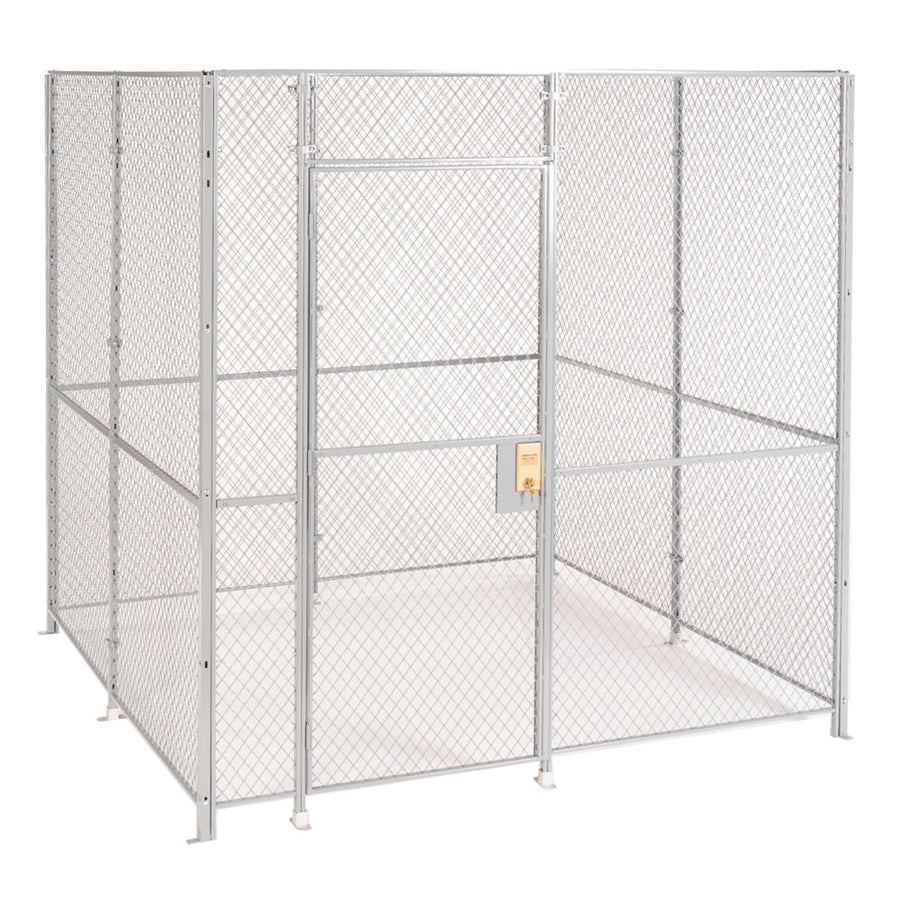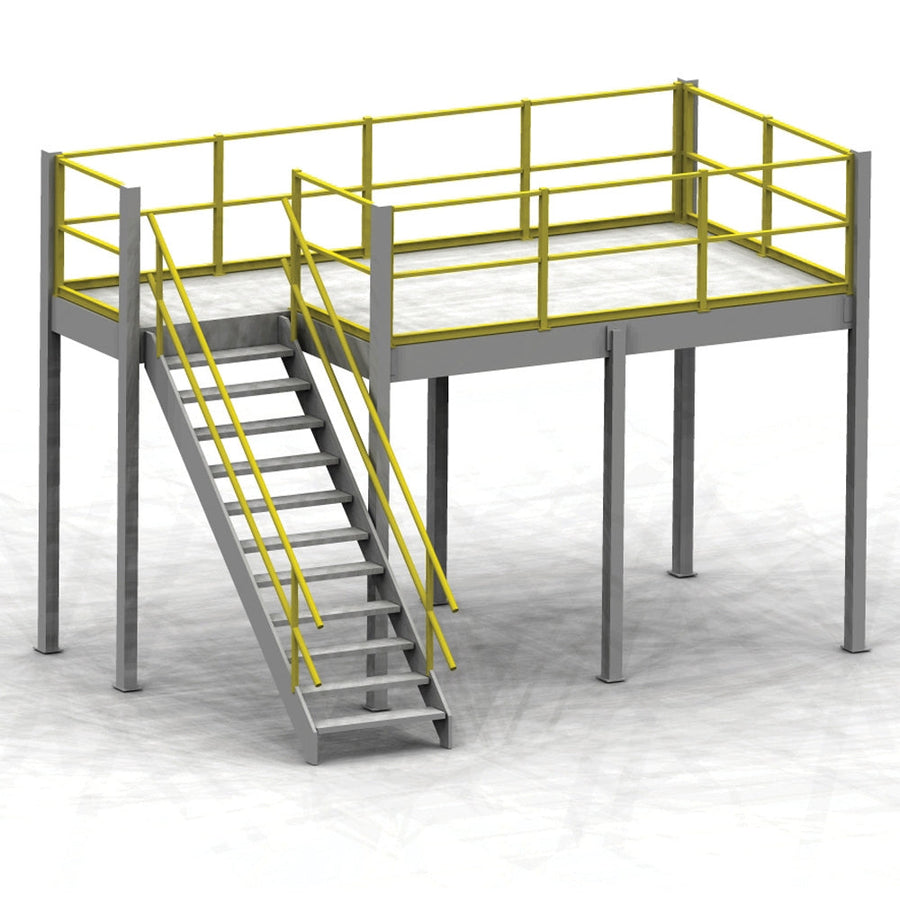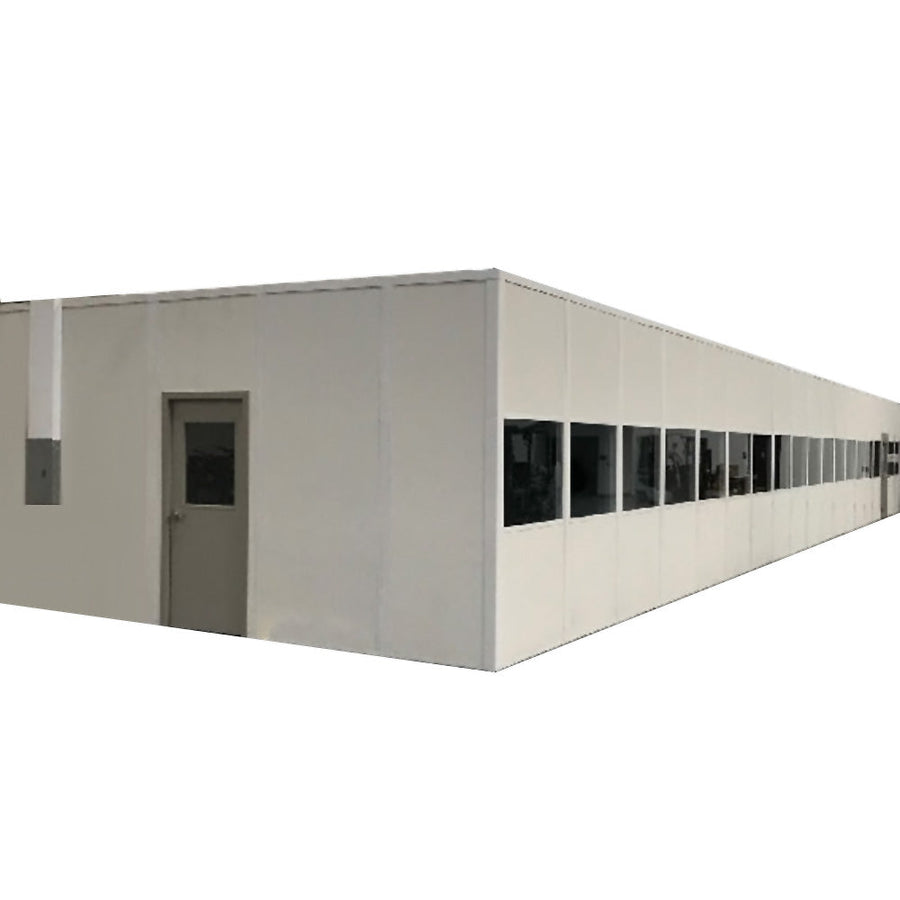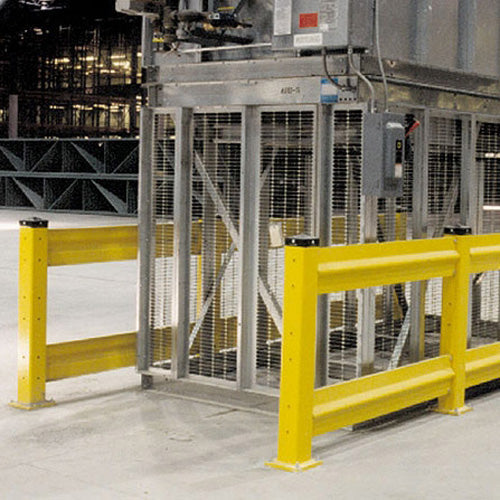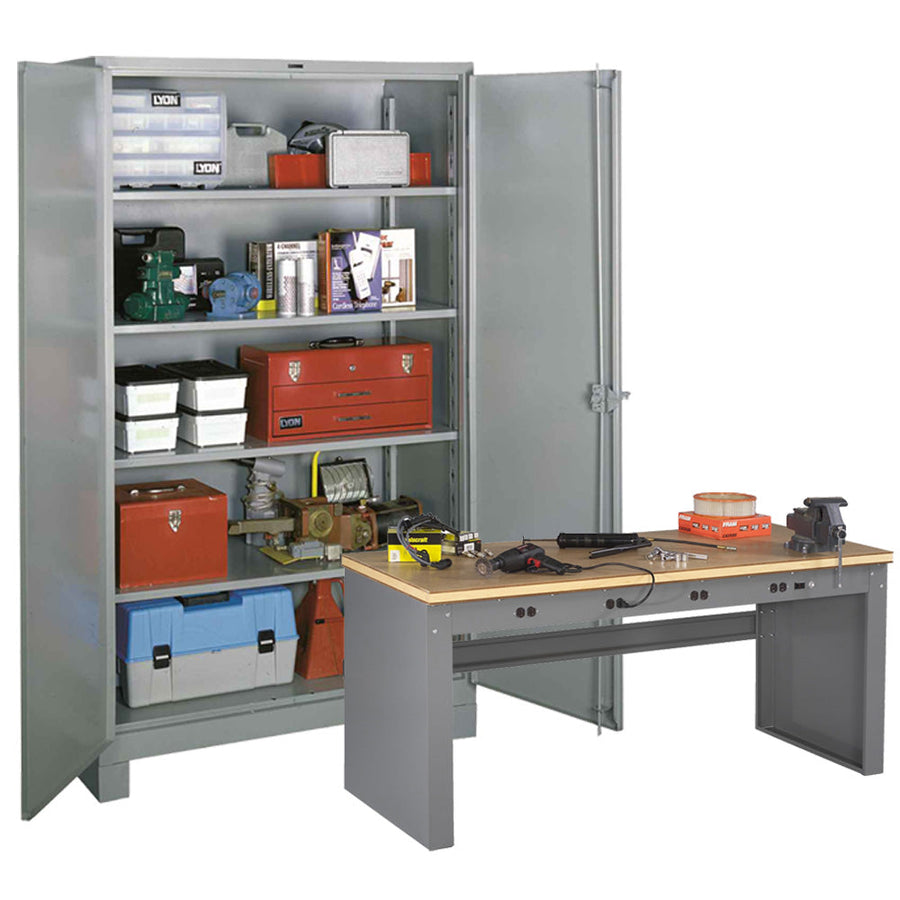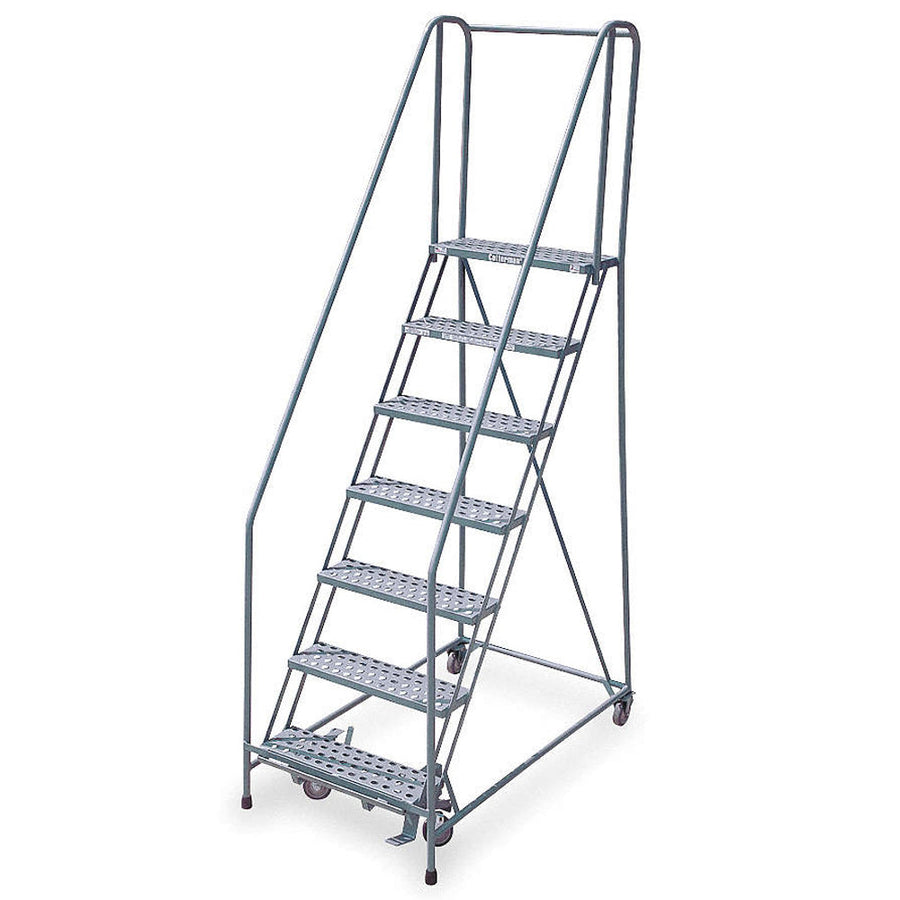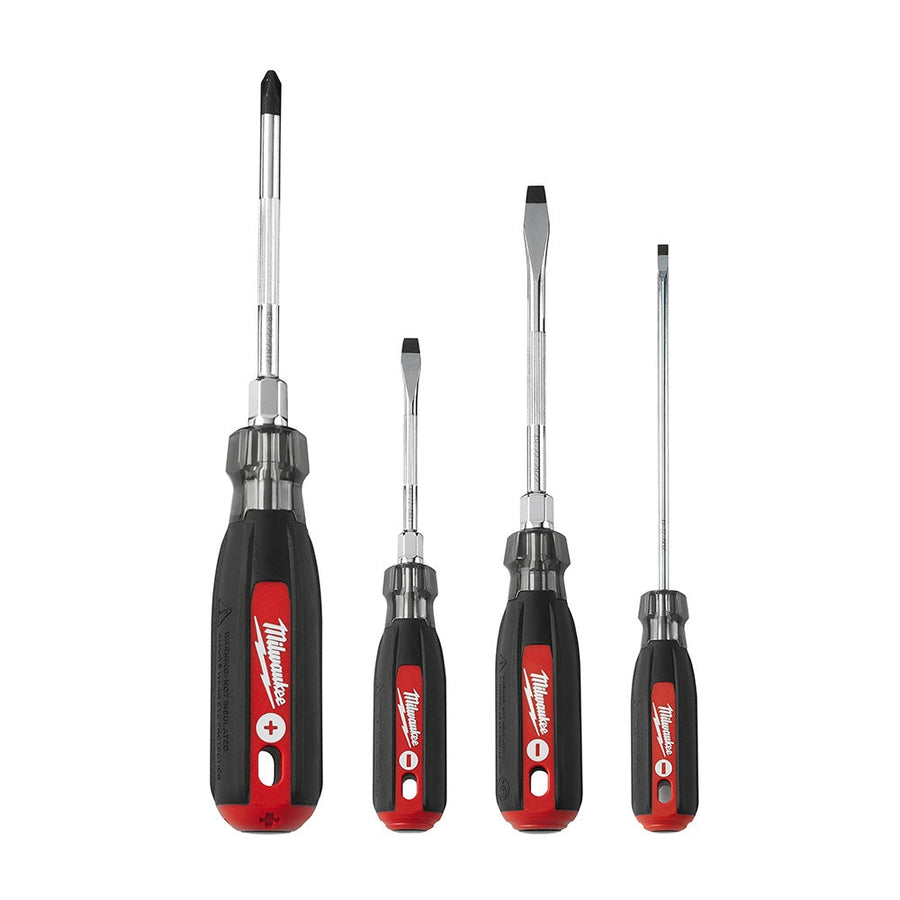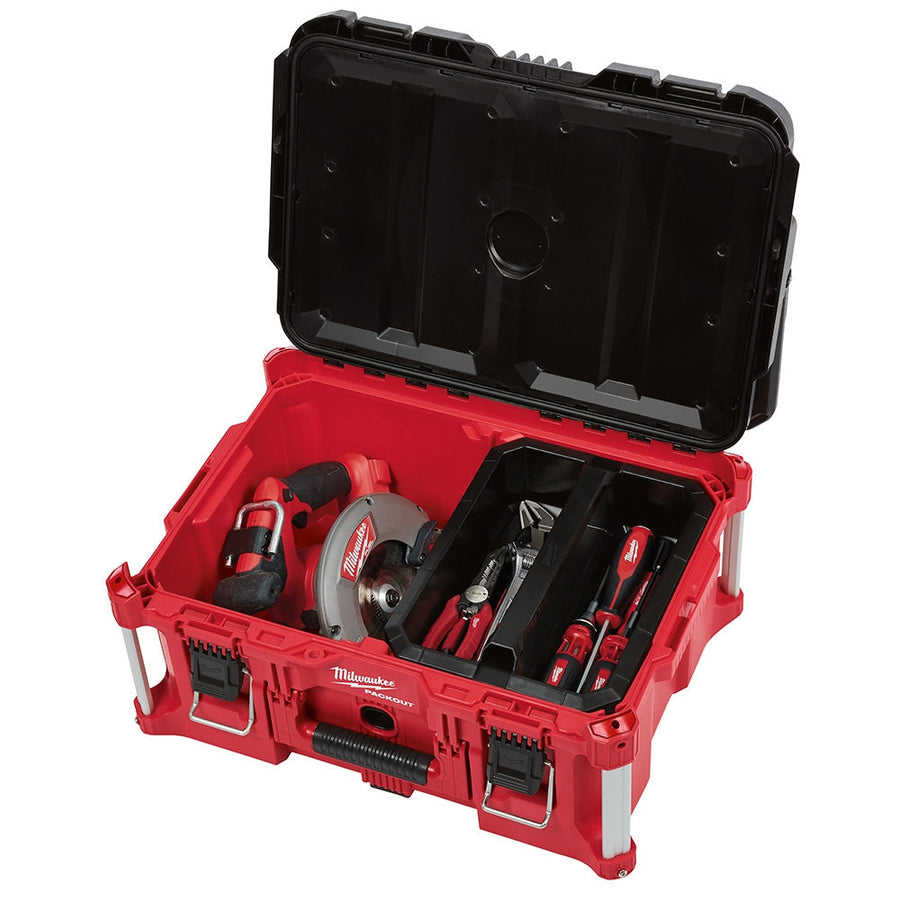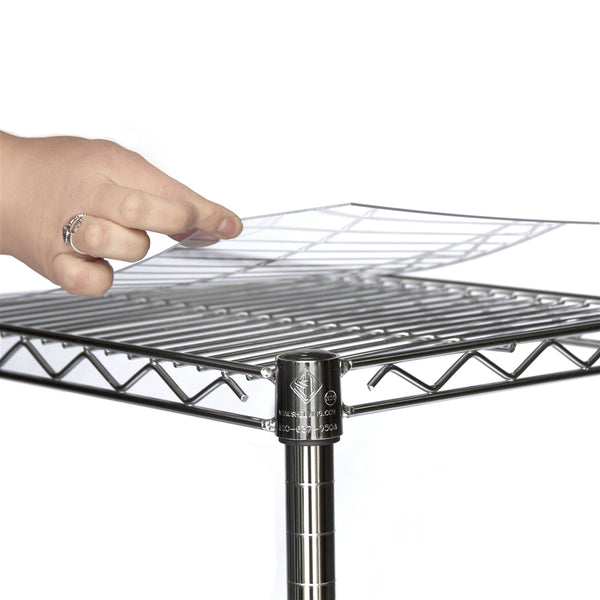It feels like the term “cybercrime” has been around forever, and yet these days it’s as relevant as it’s ever been.
Phishing schemes, ransomware, fraudulent business requests, plain old identity theft - the amount of ways you and your business can find yourself in trouble due to cybercrime seems to increase by the day. And no matter how well-equipped your warehouse may be on the inside, you can be just as vulnerable to these attempts as any other business without the right preparations.
What makes warehouses so vulnerable to cyber attacks?
It comes as a surprise to many warehouse managers when they realize how vulnerable they are to cybercrime. Logically, since all of their goods are stored inside the warehouse itself, you’d think physical break-ins would be a larger concern, right?
The large amount of data that a warehouse works with and overall reliance on technology that every warehouse experiences these days can leave them open to cyberattacks if there’s any weaknesses in the chain. Think about the amount of sensitive information your warehouse deals in every day - payment information, supply routes, inventory levels, item costs, and so on. Without a thorough understanding of how to prevent cybercrime, any of these could become a prime target for cybercriminals, whether they want to disrupt your operations or gain access to your most sensitive data.
For most warehouses, the other big risk they face for cyber security involves the sheer number of systems and suppliers involved in the distribution process. Even if your warehouse itself is fairly secure and vigilant, think about every single supplier, manufacturer, logistics provider, or other third-party vendor your warehouse has to work with - are they taking the same precautions? The longer your supply chain, the more potential gaps there could be in your overall cyber security strategy.
What are the risks associated with cyberattacks in your warehouse?
Cybercrime, in all its various forms, tends to have two goals in mind: disrupting your business, and/or accessing your sensitive information in order to exploit it for financial gain.
A few of the ways this can be accomplished include:
- Accessing customer information through a security breach, leading to loss of repeat business and customer loyalty
- Deletion or theft of needed data for daily operations
- Downtime from attacks compromising system operations
- Legal fees from regulations related to data protection
- Loss of operating revenue due to system repair/restoration
- Loss of trust due to data loss
How can you prevent cybercrime in a warehouse?
Preventing cybercrime in your warehouse or fulfillment center goes above and beyond the typical physical warehouse security measures you may already have in place. While it may sound a little intimidating at first, a lot of these methods can easily interact with your existing systems and can help save you a lot of time and money in the long run.
- Proper antivirus software: It might sound a little bit like “computers 101”, but a well-rounded antivirus program can do a lot to head off any potential issues right at the pass. Whatever sort of technology your warehouse uses (laptops, desktops, tablets, etc), make sure each of them has a regularly-updated and properly-configured antivirus solution to prevent a lot of malware or hacking issues before they can start.
- Multi-factor authentication (MFA): MFA is a type of login process for devices such as laptops or tablets that requires a second step in the login process, in order to provide a secondary form of identity verification. (Think about the last time you signed into something on your phone or computer, and it had to email you a code to verify it was you - that’s MFA at work.) While a few workers might grumble about the extra steps needed to sign in every day, the added layer of security will go a long way towards preventing cyberattacks.
- Encrypted communications: Particularly if your warehouse is very reliant on WiFi access (and what workplace isn’t, these days?), adding additional encryption across all communication channels (email, text, even phone calls when needed) can make it that much harder to intercept any sensitive communications.
- Physical device security: For all this talk about cyber security and online data attacks, sometimes the fastest way to secure your warehouse’s data is to keep an eye on your physical devices. Whatever devices your warehouse uses, from RFID scanners to check the products on your boltless shelving to more sophisticated laptops and tablets, keeping these items secure when not in use is crucial. Make sure every employee signs their devices in and out every day, ensure each of them have MFA enabled, and set a policy to have them returned to a security cage at the end of every shift (instead of being left in a locker or an office, where they could be more easily accessed.)


